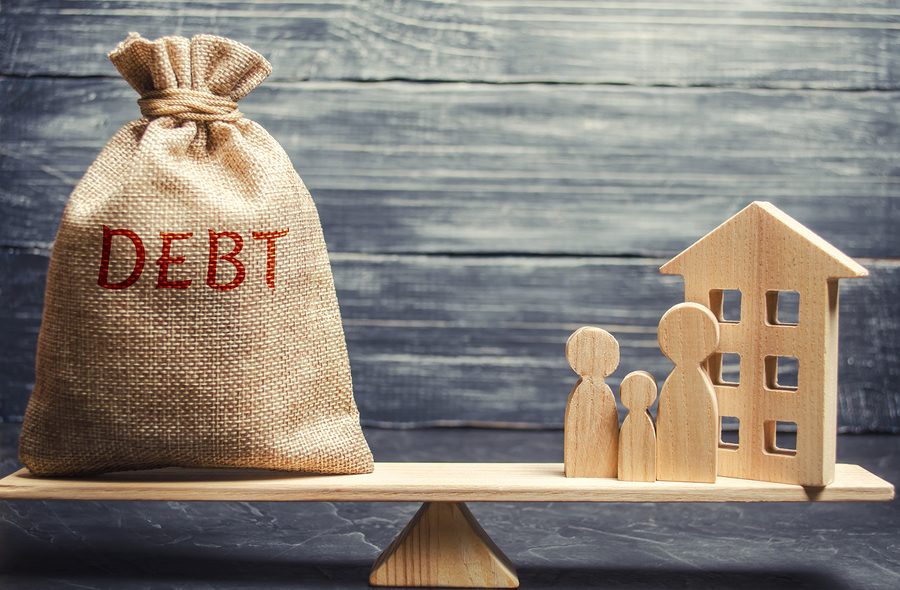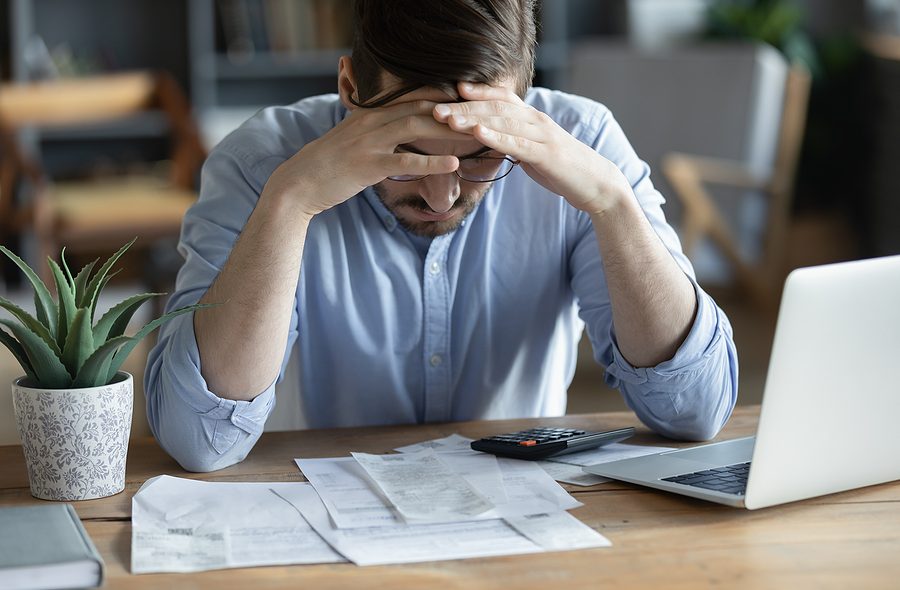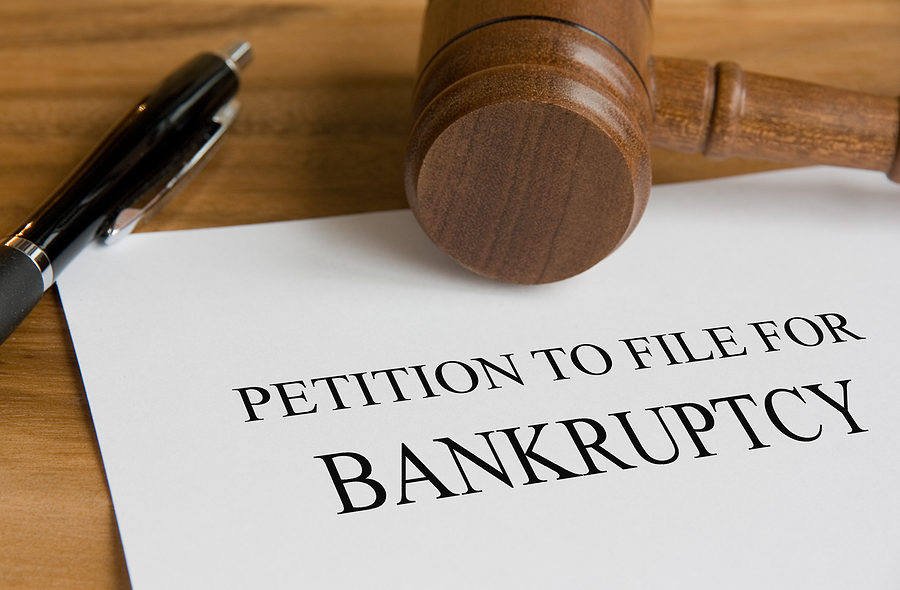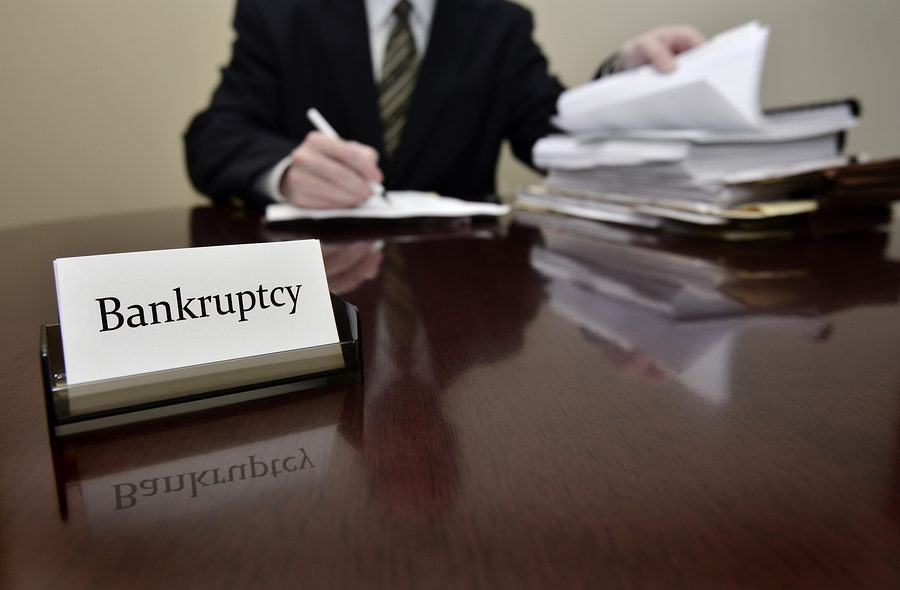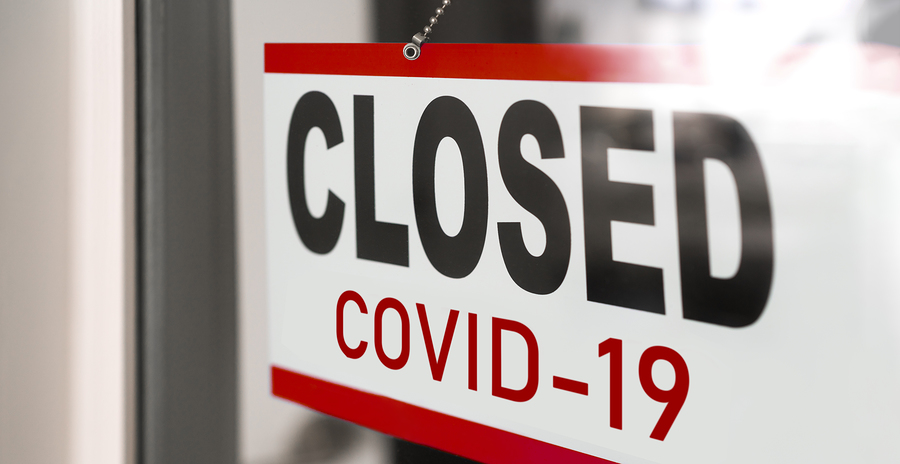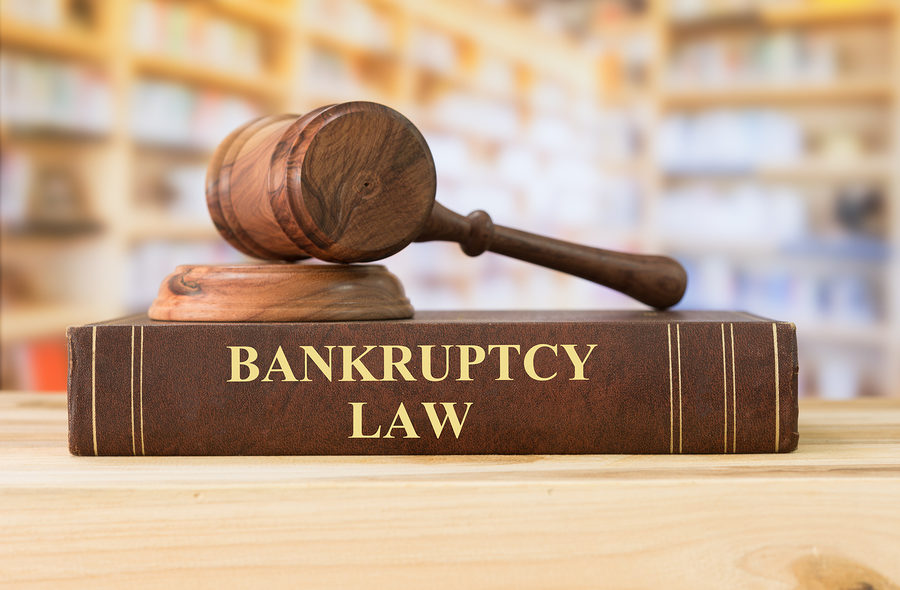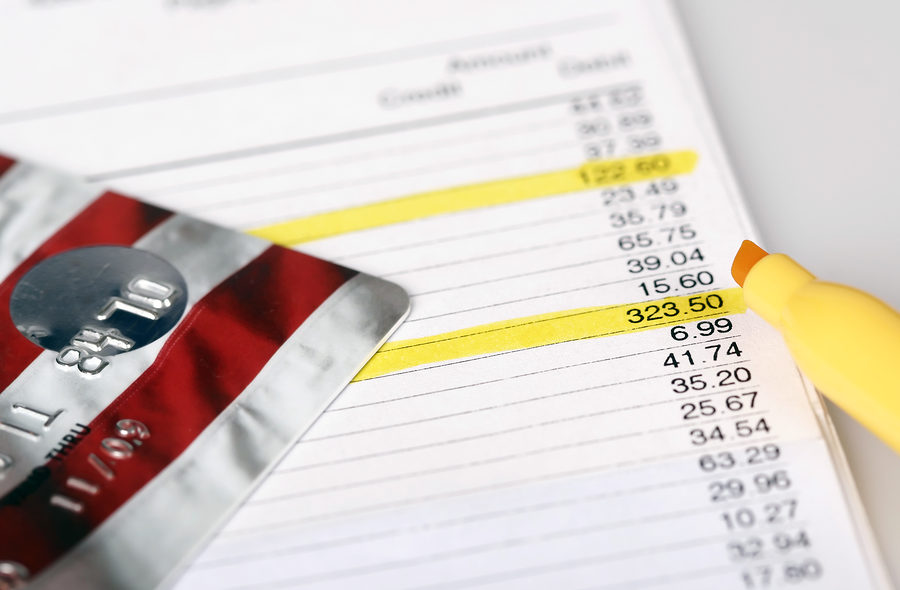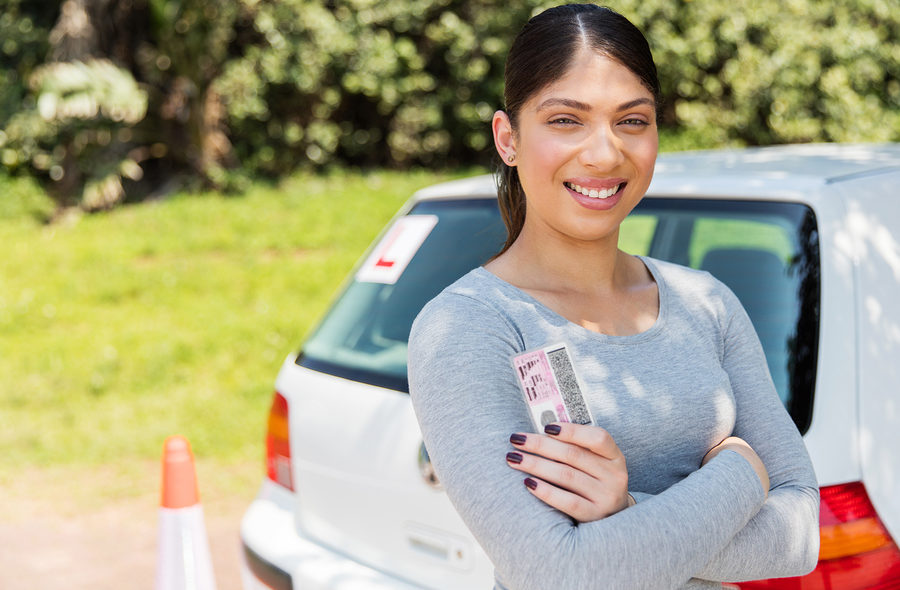With the cost of attending a university rising each year, more students are taking out student loans to pay for their education. According to statistics from the Federal Reserve and New York Federal Reserve, more than 44 million American consumers owe a collective $1.6 trillion in student loan debt. Student borrowers oftentimes graduate with up to six figures in student loan debt. Certain steps can be taken to ensure that student loans do not prevent young adults from reaching important milestones, like homeownership.
Income-to-Debt Ratio
When being approved for a mortgage, the borrower’s income-to-debt ratio is an important figure considered by potential lenders. Two different ratios are used by potential lenders. One of them is called a front-end ratio, which looks at the loan applicant’s expected mortgage in comparison to his or her monthly income. The second ratio is called the back-end ratio. This figure reviews the applicant’s monthly expenses, including housing costs, car payments, student loan payments, and other monthly expenses, in comparison to the person’s monthly income. If the borrower’s debt far outweighs his or her income, it is unlikely that person will be approved for a mortgage. However, certain steps can be taken to help boost that ratio. If the potential borrower is carrying a high credit card balance, by paying that balance down, he or she can help boost chances of being approved for a mortgage. If the borrower can pay down the balance in full every month, then that debt will not even factor into his or her debt-to-income ratio.

